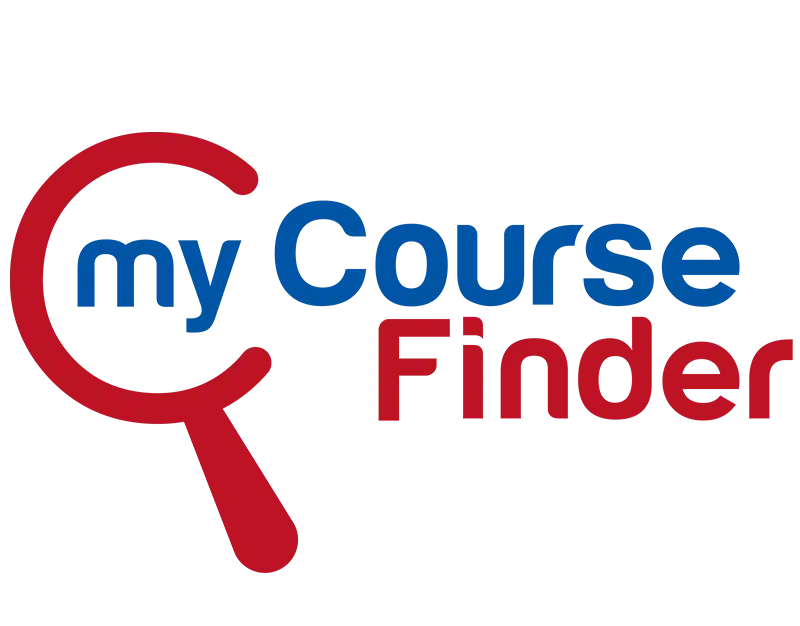Welcome to the Advanced Mathematics course! This course is designed to provide a comprehensive and in-depth understanding of various mathematical fields. It encompasses a wide range of topics critical for anyone looking to deepen their knowledge and skills in mathematics. Below is a detailed overview of the main subjects covered in this course:
#### 1. Mathematical Optimization
Mathematical optimization is the study of finding the best solution from a set of feasible solutions. This section covers:
- **Convex Optimization:** Techniques for optimizing convex functions, which have a single global minimum.
- **Integer Programming:** Optimization where some or all variables are restricted to integers.
- **Dynamic Programming:** Solving complex problems by breaking them down into simpler subproblems.
- **Nonlinear Programming:** Optimization of nonlinear functions.
- **Linear Programming:** Optimization of linear objective functions subject to linear constraints.
#### 2. Probability and Statistics
This section deals with the analysis and interpretation of data. Key topics include:
- **Regression and Correlation:** Methods for modeling and analyzing relationships between variables.
- **Statistical Inference:** Drawing conclusions about populations based on sample data.
- **Probability Distributions:** Understanding different types of probability distributions and their properties.
- **Random Variables:** Variables whose possible values are numerical outcomes of random phenomena.
- **Probability Theory:** The mathematical framework for quantifying uncertainty.
#### 3. Topology
Topology is the study of properties that remain invariant under continuous deformations. Topics covered are:
- **Fundamental Group:** An algebraic structure that captures information about the shape of spaces.
- **Compactness and Connectedness:** Properties of spaces that are crucial in analysis and topology.
- **Continuity and Homeomorphisms:** Continuous functions and mappings that preserve topological properties.
- **Topological Spaces:** The basic objects of study in topology.
- **Basic Concepts of Topology:** Introduction to open and closed sets, bases, and other foundational concepts.
#### 4. Numerical Methods
Numerical methods are algorithms for solving mathematical problems numerically. This section includes:
- **Numerical Solutions to Differential Equations:** Techniques for approximating solutions to differential equations.
- **Solving Systems of Linear Equations:** Methods like Gaussian elimination and LU decomposition.
- **Numerical Integration and Differentiation:** Approximating integrals and derivatives.
- **Root-Finding Algorithms:** Techniques for finding zeros of functions.
- **Error Analysis:** Understanding and minimizing errors in numerical computations.
#### 5. Differential Equations
Differential equations describe relationships involving rates of change. Topics include:
- **Partial Differential Equations:** Equations involving partial derivatives of functions of several variables.
- **Laplace Transforms:** A method for solving differential equations.
- **Systems of Differential Equations:** Analyzing multiple interrelated differential equations.
- **Higher-Order Differential Equations:** Equations involving higher-order derivatives.
- **First-Order Differential Equations:** Basic techniques for solving first-order equations.
#### 6. Complex Analysis
Complex analysis studies functions of complex variables. Key topics are:
- **Conformal Mappings:** Functions that preserve angles and shapes locally.
- **Series and Residues:** Techniques for analyzing complex functions.
- **Complex Integration:** Integration in the complex plane.
- **Analytic Functions:** Functions that are locally given by convergent power series.
- **Complex Numbers:** Basic properties and operations of complex numbers.
#### 7. Real Analysis
Real analysis is the study of real-valued functions and sequences. This section covers:
- **Metric Spaces:** Generalization of the notion of distance.
- **Integration:** Techniques for integrating real-valued functions.
- **Differentiation:** Rules and applications of differentiation.
- **Continuity and Limits:** Fundamental concepts of calculus.
- **Sequences and Series:** Convergence properties of sequences and series.
#### 8. Abstract Algebra
Abstract algebra studies algebraic structures such as groups, rings, and fields. Topics include:
- **Galois Theory:** A connection between field theory and group theory.
- **Polynomial Rings:** Algebraic structures involving polynomials.
- **Homomorphisms and Isomorphisms:** Structure-preserving maps between algebraic structures.
- **Rings and Fields:** Fundamental algebraic structures.
- **Groups and Subgroups:** Basic concepts in group theory.
#### 9. Linear Algebra
Linear algebra is the study of vectors, vector spaces, and linear transformations. Key topics are:
- **Inner Product Spaces:** Generalizations of the dot product.
- **Linear Transformations:** Functions that preserve vector addition and scalar multiplication.
- **Eigenvalues and Eigenvectors:** Properties and applications of linear transformations.
- **Matrices and Determinants:** Tools for solving linear systems and understanding linear transformations.
- **Vector Spaces:** Fundamental structures in linear algebra.
#### 10. Set Theory and Logic
Set theory and logic form the foundation of modern mathematics. Topics include:
- **Predicate Logic:** An extension of propositional logic with quantifiers.
- **Propositional Logic:** Basic logical operations and their properties.
- **Relations and Functions:** Fundamental concepts in mathematics.
- **Operations on Sets:** Basic set operations like union, intersection, and difference.
- **Basic Concepts of Sets:** Introduction to sets, subsets, and cardinality.
This course is structured to build upon your existing knowledge while introducing advanced concepts in each of these areas. Prepare to engage deeply with the material, solve challenging problems, and develop a robust understanding of advanced mathematics. Enjoy your journey through the fascinating world of mathematics!
- Mathematical Optimization
- Probability and Statistics
- Topology
- Numerical Methods
- Differential Equations
- Complex Analysis
- Real Analysis
- Abstract Algebra
- Linear Algebra
- Set Theory and Logic
Lessons:
